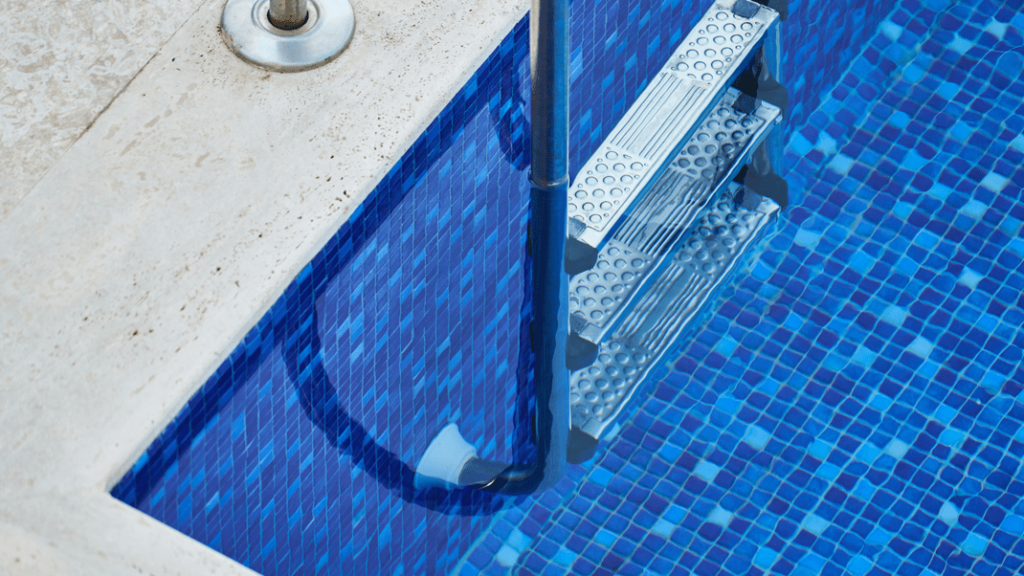
Those held responsible for wrongful death are sued by the victims or their families. Those who can be involved include property owners and supervisors. Negligence and wrongful death are typical examples of common legal claims.
Plaintiffs affected in a drowning accident may receive compensation for pain and suffering, medical bills, and lost wages. The compensation, when awarded, will depend on the circumstances. If a victim dies, the family of the deceased may lose financial support and need help with funeral costs.
Who is Liable for Drowning Accidents?
Those liable for drownings that occur in public pools, in particular, can be the operators or owners of the facility. The lifeguards or staff could also be sued. Under Florida State Laws, commercial establishments are held to higher standards than those of residential pool owners. Owners are also required to have a permit to run public swimming pools.
Commercial pool owners can also be held legally responsible if there is an accident, such as drowning and they have failed to take safe environmental precautions for pool users. A personal injury lawsuit is often filed and based on these premises of liability resulting in negligence:
- Signs not displayed properly
- Drains do not function properly
- Lack of or no appropriate barriers
- Lack of or poor supervision
In swimming pool drownings in Florida with commercial pools, the guests of the facility are owed the most care, and they are followed by social guests. Trespassers are given or can expect the least duty of care as the property owners only have not to take intentional action with the intent to harm them.
Drownings occurring in a private pool, such as one in a backyard, may have the owner or renter held liable. The State of Florida requires property owners to put special precautions in place if they have installed a pool to prevent drowning accidents. Florida Statute Chapter 515 was put into place in 2000 with the Residential Swimming Pool Safety Act to enforce these precautions.
An attractive nuisance is considered a condition or object that will make children curious and draw them to a property. Pools and retention ponds are some of the top attractive nuisances under Florida law, and the State imposes liability on residential property owners who have an attractive nuisance.
Swimming pools and retention ponds fall into the attractive nuisance category as children often do not realize the risks involved with pools and retention ponds. Unlike trespassers, if a child wanders onto a property without being invited, the property owner will be held liable for any injuries or deaths that happen with that child–especially after drowning in a pool or retention pond.
Wrongful Death Claim Following a Drowning Incident
In the State of Florida, you can file a wrongful death suit if someone you loved was killed in a water-related accident through someone else’s negligence. Filing this claim can provide you and your family with monetary compensation to help with any financial burdens their death caused you and pain and suffering.
Under Florida law, these claims can only be filed by the personal representative of the victim’s estate. Unless someone else has been named, this can include parents, children, and spouses. Others who may be legally allowed to file these claims under Florida law include adoptive or blood relatives who wholly or partially were dependent on the victim for support. These relatives include grandparents, grandchildren, and siblings.
What to Expect From a Florida Wrongful Death Claim After Fatal Water Accident
Filing a wrongful death suit can bring you a sense of resolution, closure, or justice when you are grieving for a loved one. The claim can be your chance to hold the negligent person or persons accountable for their actions that resulted in the drowning. There are three categories of damages for a drowning death claim:
- Punitive Damages
- Punitive damages are compensation awarded as a means of setting an example to dissuade others from causing similar accidents, and to punish the parties who were negligent. These damages are awarded when the negligent actions were illegal, such as cases where an intoxicated boater caused someone to drown.
- Estate Damages
- Estate damages are awarded to the estate of the victim itself. These damages can then be passed on to the beneficiaries of that estate. Estate damages would include the loss of net accumulations (future income,) the victim’s lost earnings, and the victim’s funeral, and any medical expenses leading up to their death.
- Survivor Damages
- Survivor damages can be economic costs such as those for medical expenses, lost services and support, funeral costs, and also non-economic costs. Non-economic costs can include loss of the victim’s protection and companionship, guidance, instruction, and pain and suffering.
Who to Contact About a Drowning Wrongful Death Lawsuit
At the Daniels Law Firm, we have expensive experience handling personal injury claims and are ready to fight for you aggressively to ensure your rights are protected. While we understand no legal action is going to bring your loved one back, a wrongful death claim can provide you the monetary compensation you deserve to get through these difficult times. Contact us today.
